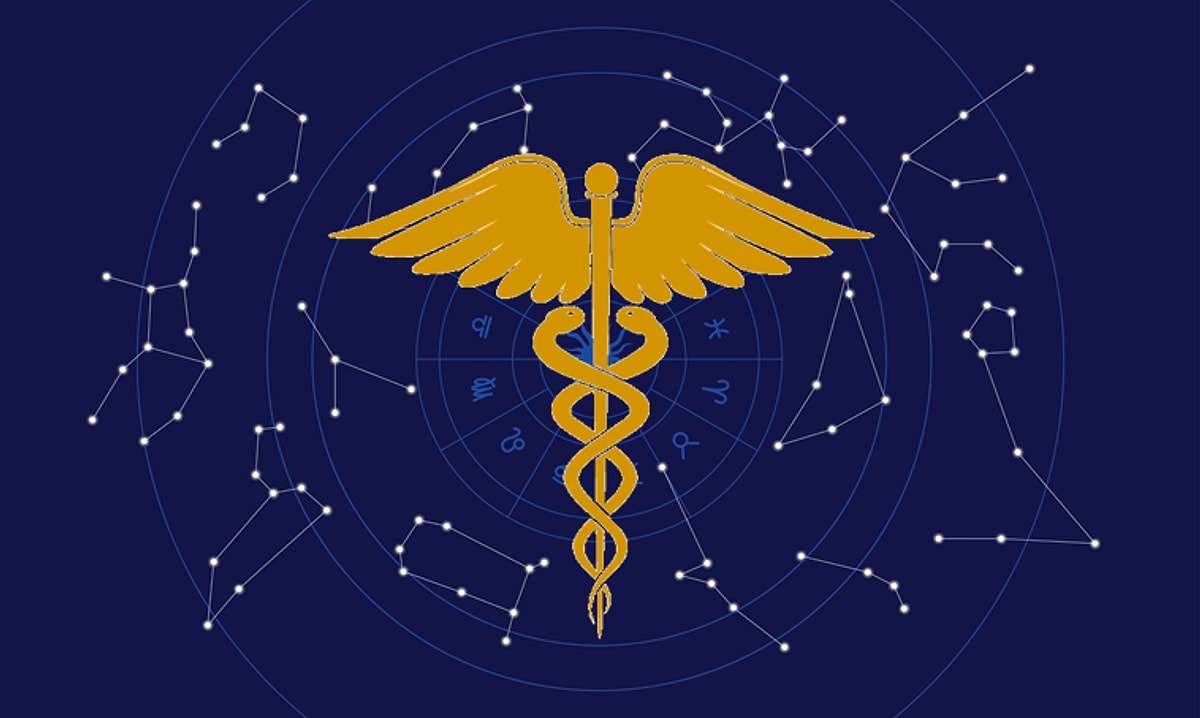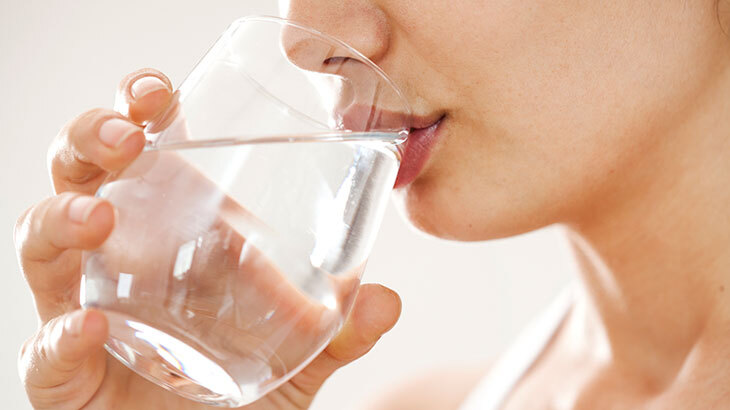How Much Water Do We Need Daily?
Water is one of the basic elements of life and is indispensable for the proper functioning of our body functions. Drinking enough water is a critical step in maintaining our health and having a fit body.

Daily water consumption plays a critical role in our health. So, what is enough water, and what happens if we don't drink enough? The answers to these questions can help us understand the key role of water in our body functions.
How is Water Requirement Calculated?
The water needs of each individual vary depending on age, gender, physical activity level, and overall health. Generally, experts recommend that an adult should consume at least 2 to 3 liters of water per day. However, considering factors such as body weight, climate, and metabolism, this amount can vary.
You can consider the value obtained by taking your body weight in kilograms and multiplying it by 34 as your daily water intake. For example, a person weighing 50 kilograms may be advised to drink 1.7 liters (50 x 34 = 1700 ml) of water per day.
Who Should Pay More Attention?
In some cases, individuals need to pay special attention to their water intake. People with diabetes, kidney problems, especially pregnant women, breastfeeding mothers, elderly individuals, and those engaged in intense physical activity may need more water. Taking these conditions into account is important for establishing a healthy water consumption routine.
Insufficiency in Water Consumption and its Consequences:
Not drinking enough water can lead to a range of health problems. Dehydration can manifest itself with symptoms such as headache, fatigue, loss of concentration, weakness, skin problems, kidney disorders, and dark urine. Additionally, low water intake can slow down metabolism and have negative effects on weight control.

 Admin
Admin 


























